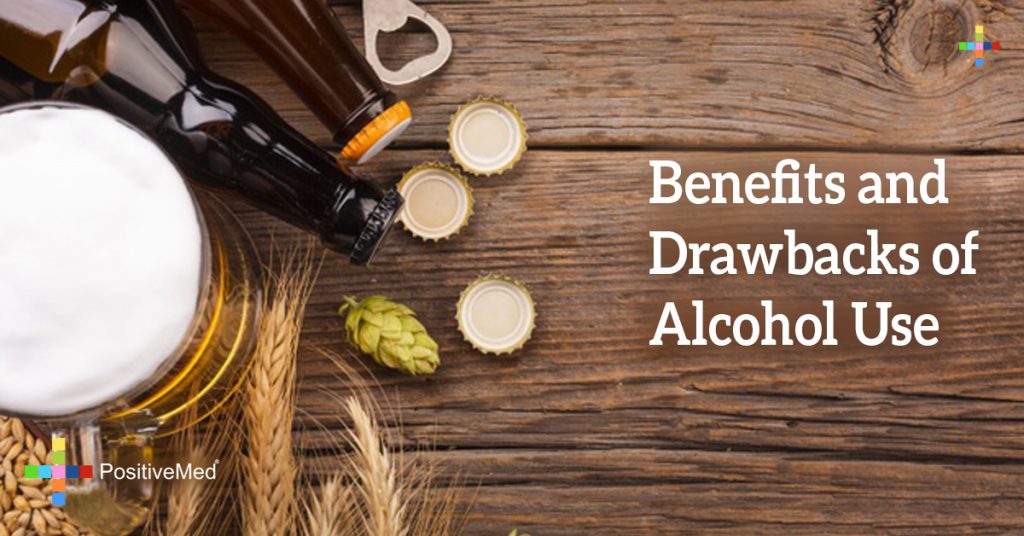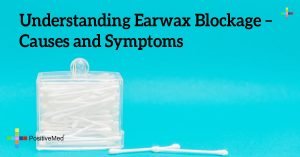
Let’s begin with what exactly is alcohol? Ethyl alcohol (ethanol) the main active ingredient of alcoholic beverages, is made by yeast fermentation of starch or sugar. Almost any sweet or starchy food, including potatoes, grains, honey, grapes and other fruits, even dandelions can be turned into alcohol.
Unlike most foods alcohol is not digested, 95% of it is absorbed into the bloodstream from the stomach and small intestine within one hour. The liver breaks down, or metabolizes, alcohol, the time this takes depends upon whether the alcohol is ingested with food and upon the person’s sex, weight, body type, and tolerance level, which increases with time and use. On average, however, it takes the liver 3 to 5 hours to completely metabolize 1 ounce of alcohol.
Benefits (Moderate consumption)
• Moderate consumption cuts heart-attack risk by raising HDL cholesterol and reducing the risk of blood clot formation
• May protect the brain against age-related dementia
• In small amounts, it can improve appetite and aid digestion.
• May foster a happy mood
• Reduce your risk of developing heart disease
• Reduce your risk of dying from a heart attack
• Possibly reduce your risk of strokes, particularly ischemic strokes
• Lower your risk of gallstones
• Possibly reduce your risk of diabetes
Drawbacks:
• Can provoke mood swings, aggression, and hangovers
• Can be addictive
• Interacts with many medications
• Over time, moderate to high intake increases the risk of cancers, as well as heart and liver disease.
• Heavy drinking, especially bingeing, makes platelets more likely to clump together into blood clots, which can lead to heart attack or stroke
• Heavy drinking can cause the number of oxygen-carrying red blood cells to be abnormally low. This condition, known as anemia, can trigger a host of symptoms, including fatigue, shortness of breath, and lightheadedness






